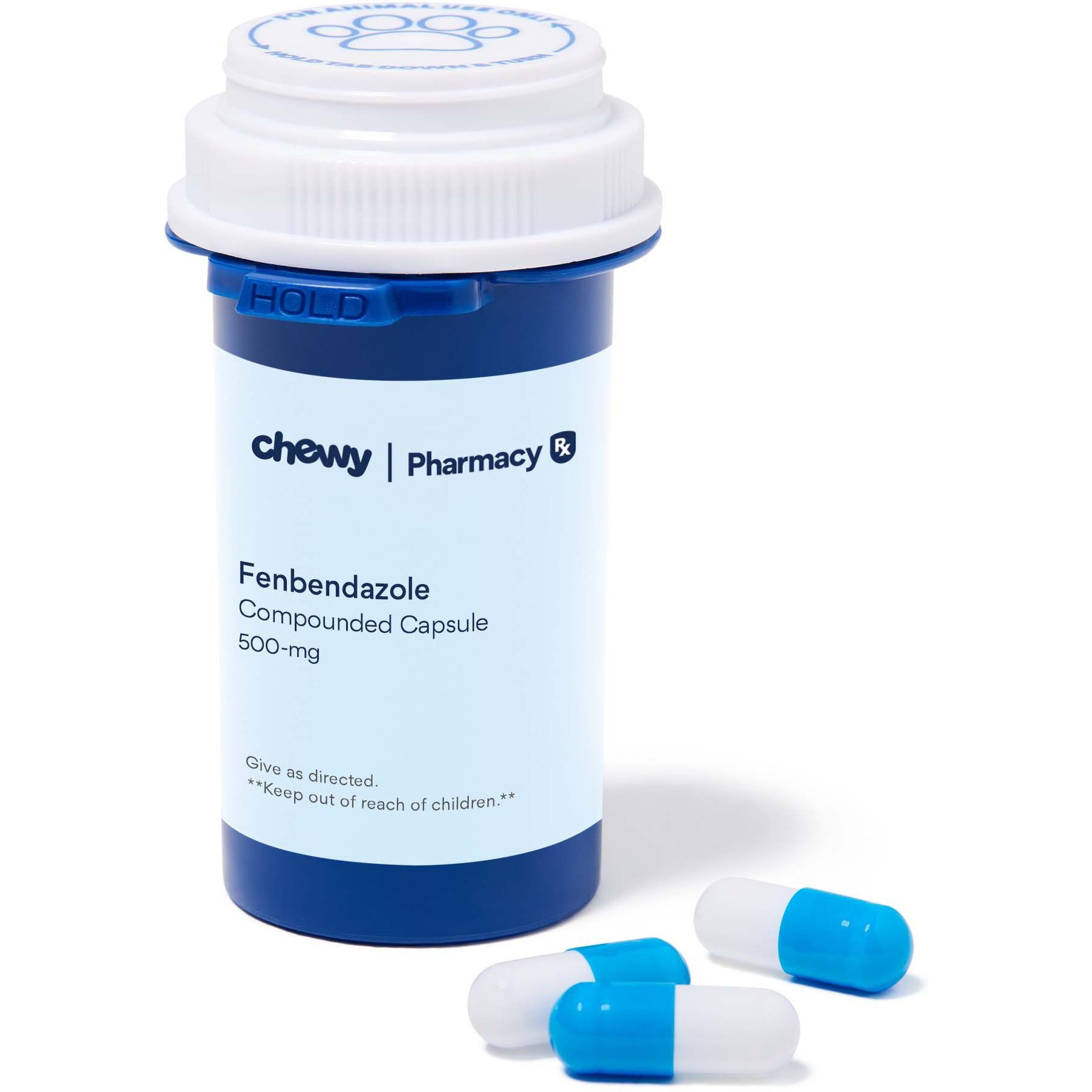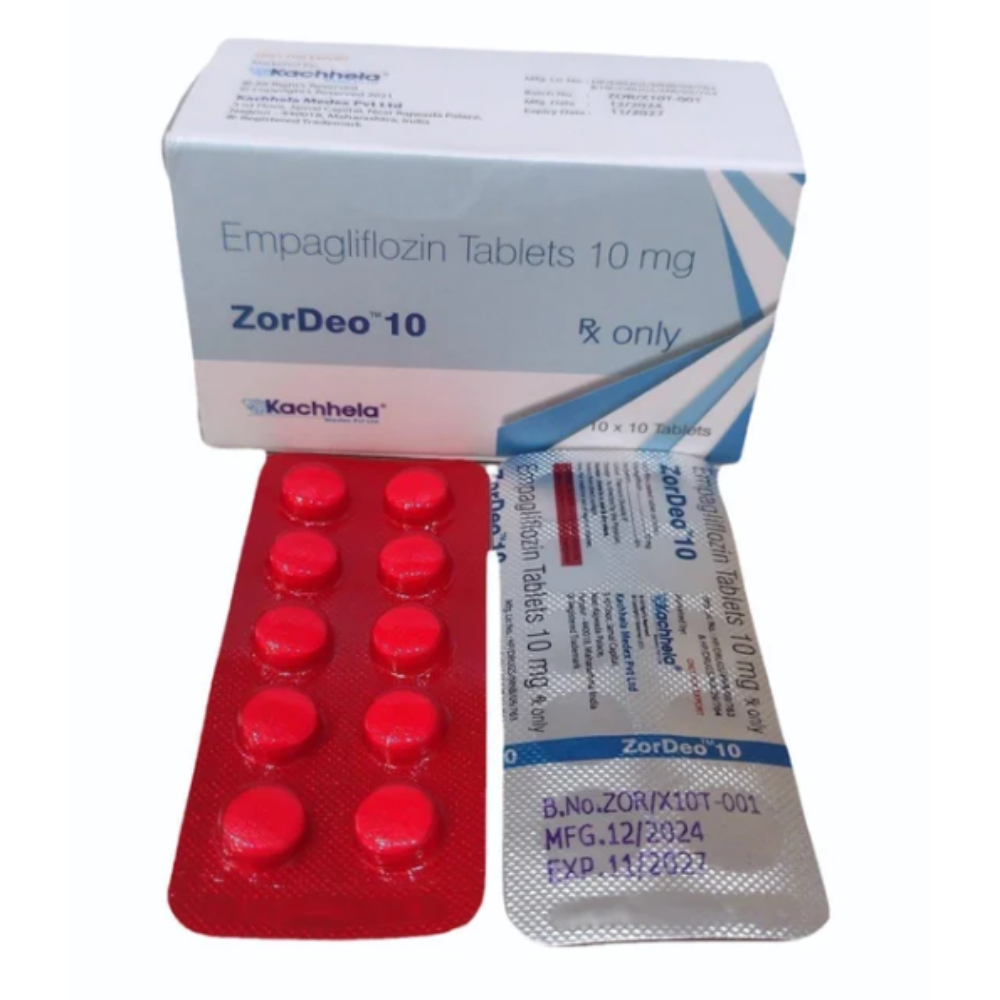fenbendazole 444: Dosage Guidelines For Safe Results
Comprehending the Benefits and Uses of Fenbendazole in Vet Medicine
Fenbendazole has developed itself as a crucial anthelmintic in vet medication. Its ability to target various parasitical infections makes it an important tool for vets. The medicine's mechanism interrupts essential mobile procedures in bloodsuckers, bring about effective therapy end results. Nonetheless, its safety and security account ranges species, demanding mindful factor to consider in its usage. Understanding these characteristics can clarify fenbendazole's wider implications in vet care and recurring research study into its potential beyond typical applications
System of Action of Fenbendazole

Common Parasitic Infections Dealt With With Fenbendazole
A range of parasitic infections are successfully treated with fenbendazole, making it a functional choice in veterinary medication. This anthelmintic agent is specifically efficient against nematodes, consisting of roundworms and hookworms, which typically influence pets and cats. It is likewise used for the therapy of cestodes, such as tapeworms, supplying a broad spectrum of activity versus both kinds of digestive tract parasites. Additionally, fenbendazole is advantageous in handling infections triggered by protozoa, especially Giardia, which can cause stomach distress in pets. Its efficacy reaches treating certain lungworms in pooches and felines, addressing breathing health issues connected to these parasites. Generally, fenbendazole's ability to target numerous parasitical species makes it a beneficial device in veterinary practice, making certain the health and wellness of animals impacted by these common infections.
Safety and Effectiveness in Different Pet Species
The safety and effectiveness of fenbendazole vary amongst different animal varieties, emphasizing the significance of species-specific considerations in vet medicine. In canines, fenbendazole is generally well-tolerated and reliable against a series of gastrointestinal bloodsuckers, consisting of roundworms and hookworms. For felines, nonetheless, its usage is less common and may need cautious application as a result of potential negative responses.
In animals, such as livestock and sheep, fenbendazole shows efficiency versus numerous endoparasites, adding to improved health and wellness and productivity. The pharmacokinetics and prospective side effects can vary substantially between types, necessitating careful examination by veterinarians.
Horses also respond positively to fenbendazole, specifically for treating strongyles and ascarids, though dosage and management routes must be customized to their special physiology. Understanding these distinctions is vital for optimizing treatment end results and making certain pet well-being across diverse types.
Management and Dosage Guidelines
Appropriate administration and dose standards are essential for optimizing the therapeutic effects of fenbendazole while decreasing possible negative effects. The dose commonly differs relying on the types being treated, the specific problem, and the solution of fenbendazole used. fenbendazole 222. For pet dogs and cats, a common dose is 50 mg/kg body weight, administered daily for 3 successive days, yet vets may change this based upon specific health evaluations
It is vital to provide fenbendazole with food to improve absorption and reduce intestinal trouble. The medication is available in various types, consisting of granules and paste, enabling flexible administration choices. Checking the animal's action during and after therapy is suggested to validate effectiveness and safety. In addition, vet support is important to identify the suitable duration of therapy based upon the sort of parasitical infection being attended to, ensuring optimal results for the try this web-site pet's health.
Future Point Of Views and Research on Fenbendazole
Research on fenbendazole remains to progress, focusing on its prospective applications past standard antiparasitic uses. Recent researches have discovered its effectiveness in dealing with various forms of cancer, especially in vet oncology. Preliminary information suggest that fenbendazole may inhibit the growth of tumor cells and boost the impacts of other chemotherapeutic agents.
Researchers are exploring its function in taking care of intestinal problems in pets, highlighting its anti-inflammatory residential or commercial properties. The versatility of fenbendazole for different types elevates inquiries about its go to this web-site safety and security profiles and ideal application routines in varied populations.
As rate of interest expands, there is a need for detailed medical trials to develop evidence-based guidelines for these novel applications. Future research might also examine the mechanisms behind fenbendazole's results, possibly leading the way for ingenious therapeutic approaches in veterinary medication. The ongoing expedition of fenbendazole might greatly enhance treatment published here options for various veterinary conditions.

Regularly Asked Concerns
Is Fenbendazole Safe for Pregnant Animals?
The safety and security of fenbendazole for pregnant animals stays unsure. While some research studies suggest marginal danger, vets typically advise care and typically discourage its usage while pregnant unless the advantages plainly exceed prospective threats.
Can Fenbendazole Be Utilized in Animals?
Fenbendazole is frequently made use of in animals to deal with different parasitical infections. fenbendazole. Its efficiency against stomach worms makes it a valuable anthelmintic, adding to improved wellness and productivity in pets increased for food and fiber
What Are the Negative Effects of Fenbendazole?

The adverse effects of fenbendazole might include intestinal disturbances, sleepiness, and allergic reactions. In rare instances, extra extreme reactions could happen, demanding mindful monitoring and examination with a vet during treatment.
Just How Does Fenbendazole Compare to Various Other Dewormers?
Fenbendazole offers broad-spectrum effectiveness against various bloodsuckers, frequently comparing positively to various other dewormers. Its special device targets different life phases, making it effective, while generally presenting a beneficial safety profile compared to choices available on the marketplace.
Can Fenbendazole Be Utilized for Treating Cancer Cells in Pets?
The possibility of fenbendazole in dealing with cancer in family pets has actually amassed interest. Initial researches suggest it may prevent cancer cells cell growth, yet better research is needed to verify its efficacy and safety and security in veterinary oncology.